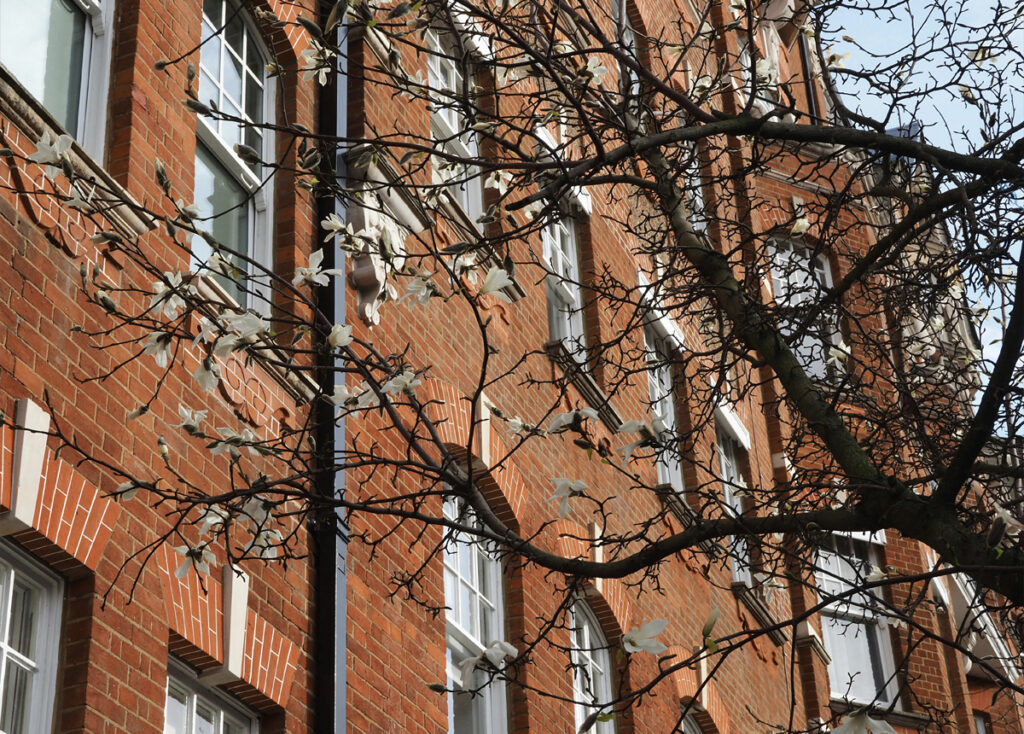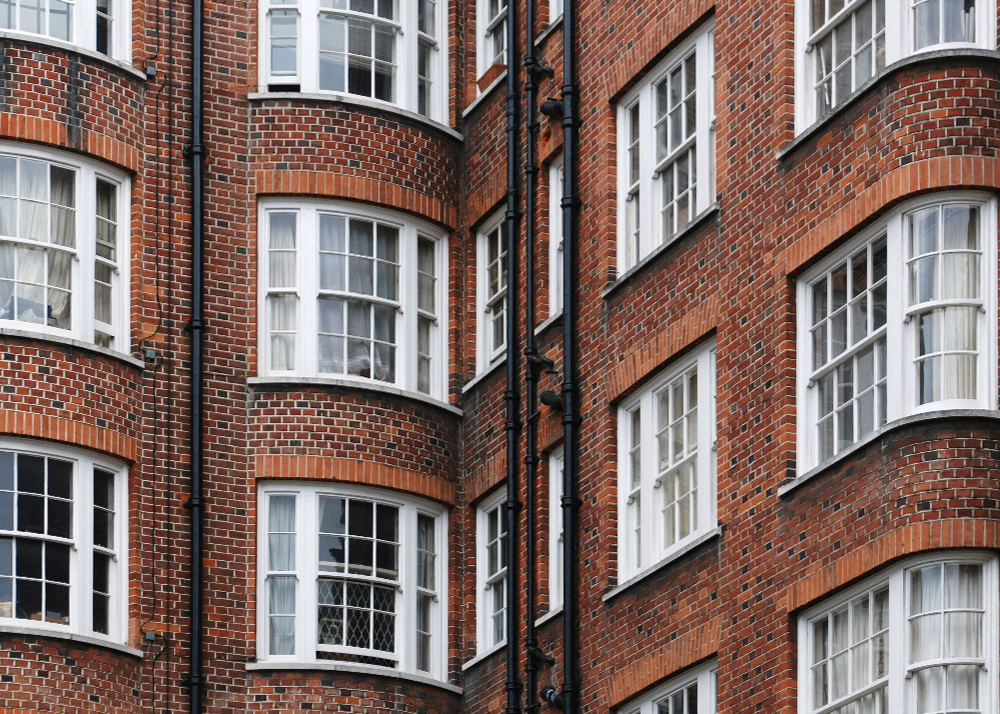EPCs – provided at your doorstep.
Whether you’re a homeowner, landlord, or letting agent, I make getting an EPC as simple as possible. I provide Domestic Energy Performance Certificates (EPCs) across Central London, including the following postcode districts:
Fitzrovia – W1T, W1W, WC1E
Soho – W1D, W1F
Marylebone – W1G, W1H, W1U, NW1
Bloomsbury – WC1A, WC1B, WC1E, WC1H
Camden – NW1, NW5, WC1H
King’s Cross – N1C, WC1X
Covent Garden – WC2E, WC2H
Mayfair – W1J, W1K, W1S
Westminster – SW1A, SW1H, SW1P, SW1E, SW1Y
Key Facts:

Domestic EPCs for Existing Dwellings
An EPC is a legally valid document which provides an overview of your property’s energy efficiency, rated from A (most efficient) to G (least efficient). It includes details about your heating system, insulation, windows, and lighting, along with the estimated energy costs for heating, hot water, and lighting.
The EPC also provides recommendations for cost-effective improvements, showing how you could lower bills and reduce carbon emissions.

What to expect from your Domestic Energy Assessment
Ahead of the assessment, please ensure that all rooms in the house are accessible, including the loft. There should be adequate room for the assessor to navigate the property and collect the necessary data, such as room and window measurements.
Throughout the assessment, the assessor will take photographs to use as evidence of the data collected. The duration of the assessment will depend on the size & complexity of the property. On average, the assessment should take between 50 min – 2 hours to complete. However, following the introduction of RdSAP 10 (the methodology that underpins the assessment), assessors are now required to spend more time on site in order to carry out the appropriate data collection. This means the assessment may take longer than a previous assessment for the same property.

Guide to Recommendations on a Domestic EPC
The recommendations section of a Domestic EPC outlines specific improvements that could boost your property’s energy rating. These might include upgrading insulation, installing low-energy lighting, replacing an old boiler, or adding renewable technologies like solar panels.
Each suggestion comes with an estimated cost band, potential savings, and the impact on your EPC rating, helping you prioritise upgrades that are both affordable and effective.

What will the Domestic Energy Assessor be doing?
A DEA will collect information on the property in order to create an accurate energy assessment. This can include anything from property age, construction type, and insulation levels, to heating controls and make and model of heating systems.
The DEA will need to collect photographic evidence to support their inputs throughout the assessment. Photographs will be used to support specific data that has been collected and used to lodge the EPC – such as level of roof insulation. The assessor can also take photographs of any documents which cover information about work completed on the property.
The DEA will also create a floor plan which includes accurate dimensions, room identifiers and heat loss and party wall perimeters.

Why is my EPC different to my Neighbours?
Every EPC is different, just as every property is different. There are occasions when neighbouring properties that appear identical, produce differnt EPC ratings.
EPC ratings differ due to factors like: different heating system types (e.g. heat pump vs. older boiler), window glazing (double/triple vs. single-pane), property extensions, lighting (LEDs and CFLs vs. halogens and incandescents), and insulation levels in walls, lofts, or floors.

Retrofit? Don’t miss out on funding opportinities
Homeowners may be eligible for government-backed funding to improve their property’s energy efficiency, especially when carrying out retrofit measures recommended in an EPC report.
Schemes like the Great British Insulation Scheme and ECO4 (Energy Company Obligation) offer financial support for insulation, heating upgrades, and other improvements — particularly for lower-income households or homes with lower EPC ratings (E, F, or G). Find out what you may qualify for and how to apply:
- ECO4 Scheme Overview (ofgem.gov.uk)
- Great British Insulation Scheme (gov.uk)
- Simple Energy Advice – Check for Grants
Or how to improve your energy consuption in general:
